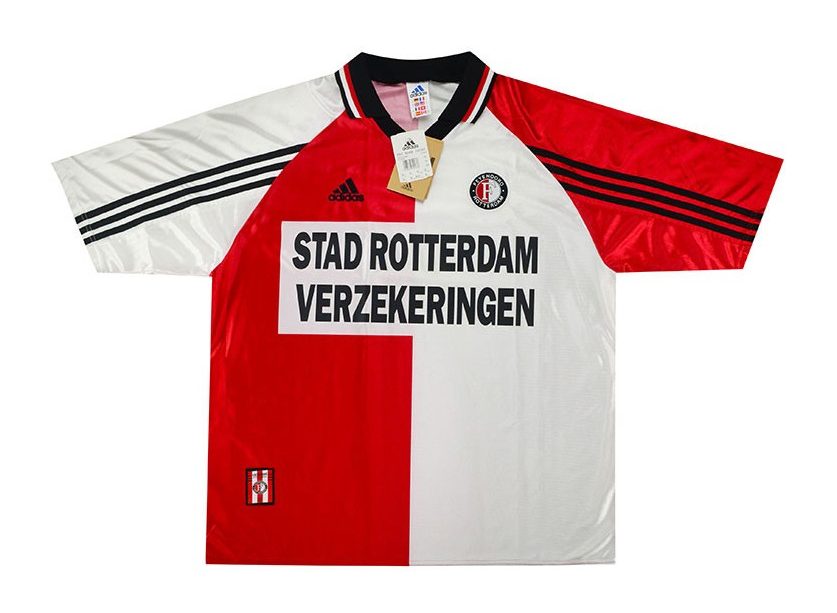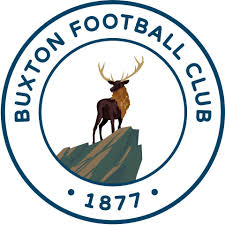The Legacy and Future of Feyenoord in Dutch Football

Introduction
Feyenoord, one of the most storied football clubs in the Netherlands, has been a significant player in both domestic and European competitions. Established in 1908, the club is based in Rotterdam and boasts a passionate fanbase. Feyenoord’s contribution to Dutch football is substantial, providing not only titles and trophies but also a vibrant culture associated with the sport itself. The relevance of this club extends beyond the pitch; it encapsulates a rich history that intertwines with the social fabric of Rotterdam and Dutch football as a whole.
Achievements and Historical Significance
Feyenoord has consistently been one of the top performers in the Eredivisie, the premier league in the Netherlands. They have secured numerous league titles, with their most recent championship win in the 2016-2017 season. The club’s success is not limited to national accolades; on the European stage, Feyenoord made history in 1970 by becoming the first Dutch club to win a major European trophy, clinching the European Cup (now UEFA Champions League) title.
Throughout the decades, Feyenoord has nurtured and developed numerous talented players who have gone on to achieve international recognition. Legends such as Johan Cruyff, Ruud Gullit, and Robin van Persie started their journeys in the Dutch leagues, often with early stints at Feyenoord. Their investments in youth academies have also ensured a steady supply of promising talent.
Recent Developments
The 2023 season has marked another chapter in Feyenoord’s long history. Under the management of Arne Slot, the team has shown resilience and tactical prowess, securing a prominent position in the league standings. Key signings in the transfer market have bolstered their squad, while young players from their academy continue to emerge as vital contributors.
Additionally, Feyenoord has embraced modern football trends, including a commitment to incorporating data analytics into player development and match strategies. This approach positions them not only as a competitive force but as one committed to evolving with the sport.
Conclusion
The story of Feyenoord is one of ambition and community, where football is a uniting force in Rotterdam. With continued focus on youth development and tactical innovation, Feyenoord is well-placed to maintain its status among the elite of Dutch football. Fans and analysts alike are optimistic about the future, especially as the club prepares for the upcoming European competitions, aiming for success on a wider stage. As Feyenoord moves forward, it remains a cultural cornerstone within Dutch football and an emblem of pride for its supporters.








